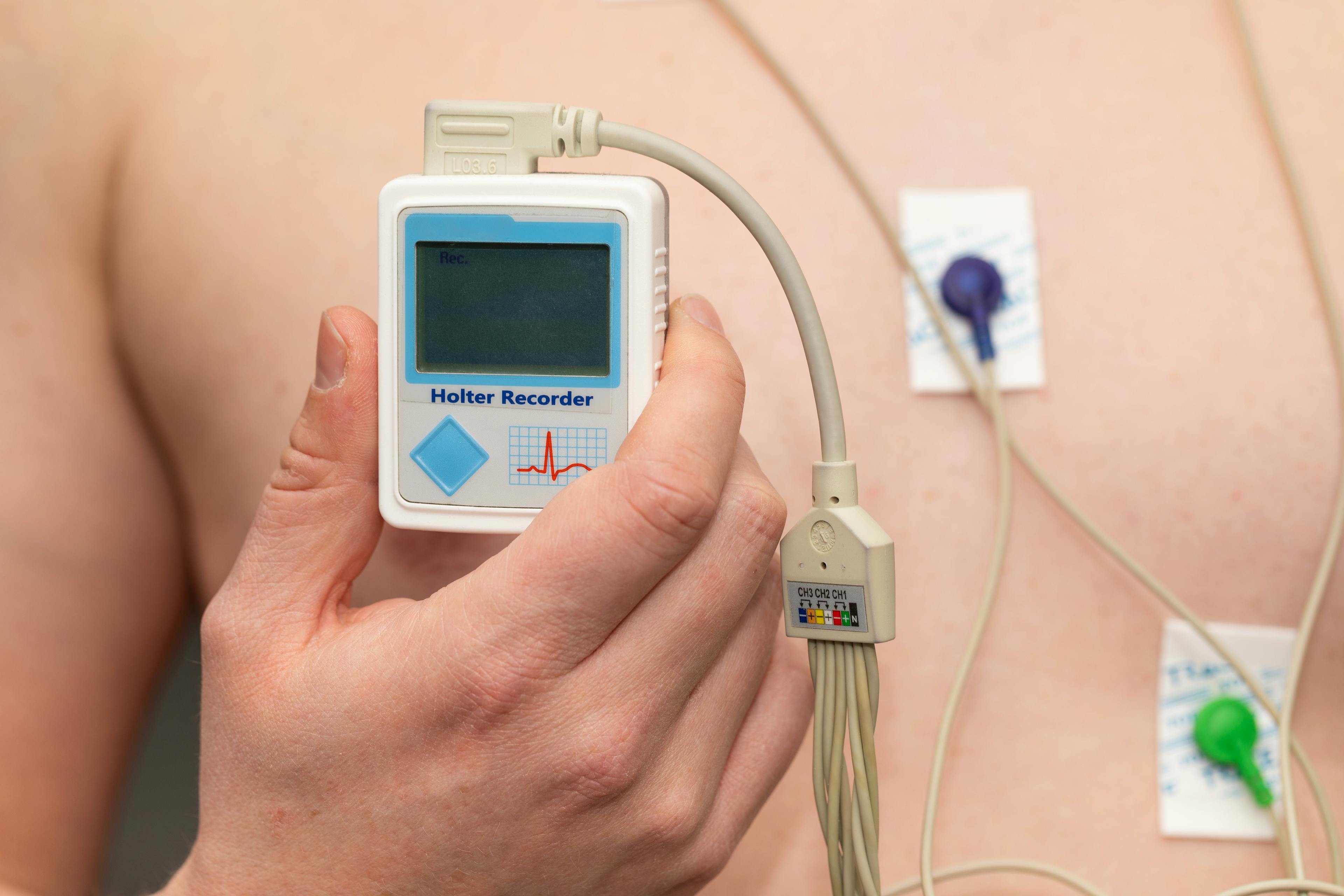Heart Disease Treatment and Long-Term Care”
Heart disease can develop gradually over time or emerge suddenly as a medical emergency. Whether it’s a blocked artery, an inflamed heart lining, or a weakened heart muscle, these conditions can lead to serious complications if not treated properly. Care focuses on relieving symptoms, preventing progression, and supporting heart function for the long term.
Preventing heart disease progression is just as important as treating it. Your care plan may include cholesterol management, blood pressure control, diabetes care, smoking cessation support, and lifestyle guidance to reduce long-term risks and protect heart health.
Conditions We Treat
Heart Attacks (Myocardial Infarction)
A heart attack occurs when blood flow to part of the heart muscle becomes blocked, usually by a blood clot forming in a narrowed artery. This is a medical emergency that requires immediate treatment, such as cardiac catheterization, stenting, or surgery, to restore blood flow.
Ongoing care includes medications, cardiac rehabilitation, lifestyle changes, and regular follow-up to prevent future events.
Pericardial Diseases
These conditions affect the pericardium, the protective sac surrounding the heart. They can lead to inflammation (pericarditis), fluid accumulation (pericardial effusion), or impaired heart function due to stiffness (constrictive pericarditis).
Potential include viral infections, autoimmune disorders, cancer, or inflammation following surgery. Treatment varies based on the underlying issue and may involve anti-inflammatory medications, fluid drainage, or, in severe cases, surgical intervention.
Endocarditis
A serious infection of the heart’s inner lining, often involving the heart valves. Endocarditis can cause valve damage and life-threatening complications.
Treatment typically requires hospital-based intravenous (IV) antibiotics, and in some cases, surgical valve repair or replacement. For patients with artificial valves or a history of endocarditis, prevention may include antibiotic prophylaxis before dental or surgical procedures.
Coronary Artery Disease (CAD)
The most common form of heart disease, CAD occurs when the arteries supplying blood to the heart become narrowed or blocked by plaque buildup. This can cause chest pain (angina), shortness of breath, or lead to a heart attack.
Treatment may involve medications, lifestyle changes, cardiac catheterization with stenting, or bypass surgery in severe cases.
Ischemic Heart Disease
A broader term that includes coronary artery disease and refers to any condition where reduced blood flow affects the heart muscle.
Treatment focuses on improving blood flow, relieving symptoms like angina, and preventing heart damage with medications, procedures, and risk factor management.
Cardiomyopathies
These are diseases of the heart muscle that weaken its ability to pump blood. Types include dilated, hypertrophic, and restrictive cardiomyopathy, as well as cardiac amyloidosis, where abnormal proteins stiffen the heart.
Treatment may involve medications, lifestyle adjustments, pacemakers, ICDs, or, in severe cases, advanced therapies like ventricular assist devices (VADs) or heart transplant evaluation.
Heart Failure (Chronic and Severe)
Heart failure means the heart cannot pump enough blood to meet the body’s needs. It can result from many of the conditions listed above. Symptoms include fatigue, swelling, and shortness of breath.
Treatment focuses on medications to improve heart function, fluid management, and device therapy, such as implantable cardioverter defibrillators (ICDs) or cardiac resynchronization therapy (CRT), which helps the heart beat more efficiently.
In severe cases, patients may be evaluated for ventricular assist devices (VADs) or a heart transplant.
Managing Long-Term Heart Health
Living with heart disease requires more than emergency care. Ongoing management may include cardiac rehabilitation, risk factor reduction, medication optimization, and regular monitoring. Our cardiology team partners with patients to create a sustainable plan that protects heart function and improves quality of life for the long term.


